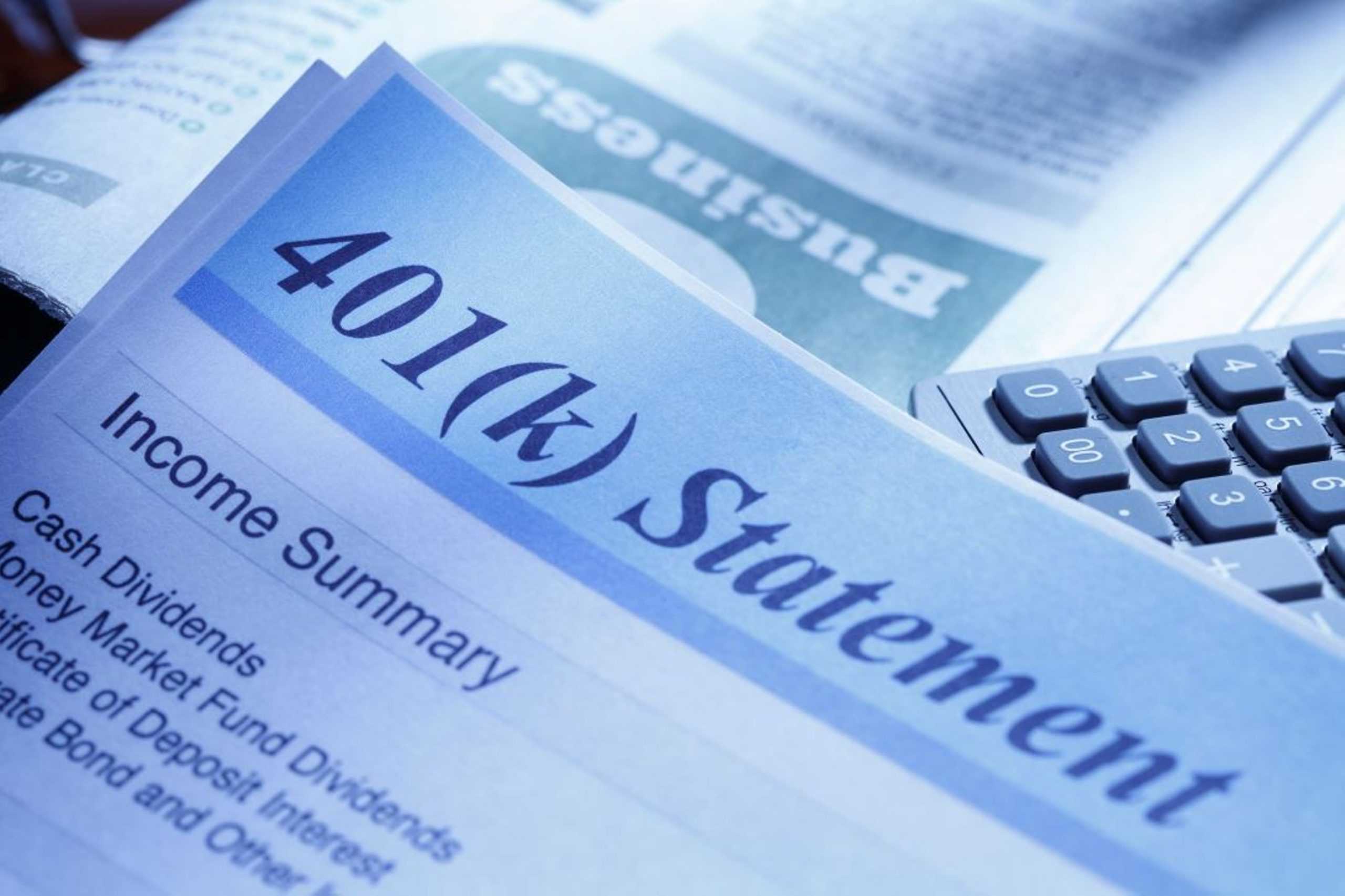The intellectual case for getting rid of tax-advantaged retirement plans is strong, and the political case is catching up.
If you are among the 56% of US workers with a retirement plan, I have some bad news for you: Your 401(k) will be gone in 10 years, tops. Not the money, thank goodness — Americans have trillions of dollars in these accounts, and there is an entire industry built around them — but the plans themselves.
There has been a brewing intellectual movement to get rid of the 401(k) for several years, with scholars on both the right and left questioning its value. And as the federal government gets increasingly desperate for new sources of revenue, the tax treatment of 401(k)s is a likely target. There are good policy reasons to end it, but the question remains: Will Americans still save for retirement?
The 401(k) is not tax-free but what is known as tax-advantaged. Contributions made while working are not taxed, but participants pay taxes when they withdraw the money during retirement. Whether there is a big tax savings depends on the tax rate in retirement — which is usually lower because retirees tend to have lower earnings. Savers also avoid capital gains taxes on returns.

